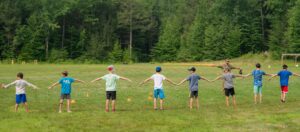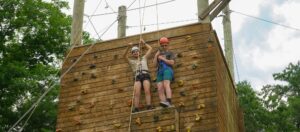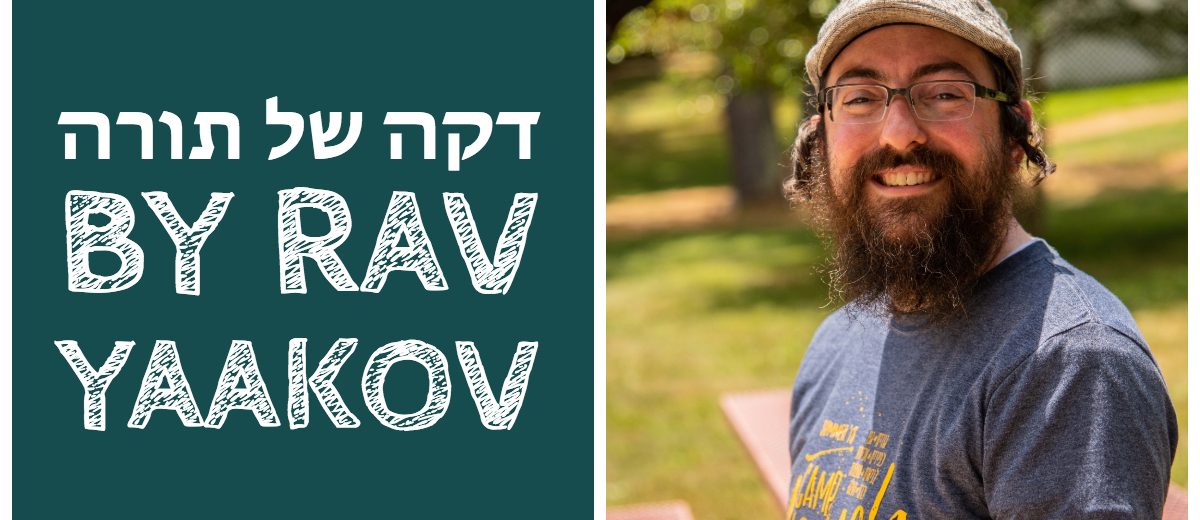The name of this week’s parsha is “Vayechi,” which means “And he lived.” “He” refers to Yaakov. But the parsha is devoted almost entirely to telling the story of Yaakov’s last moments on earth, when he blesses his descendants and dies in Egypt. What are we meant to learn from the fact that a parsha all about death is called “And he lived”? We found something similar several weeks ago with parshat Chayei Sarah, literally “The life” or “the lives” of Sarah, which begins by describing not Sarah’s life, but her death and its aftermath. Why are parshiot that are about the deaths of these ancestors framed with the language of “life”?
In both instances, this language teaches us that both Sarah and Yaakov’s deaths presaged major shifts in the history of the nascent Jewish people, transitions through which the power of each’s spiritual legacy would have to be a guide. Sarah’s death left Avraham alone without his partner in their shared mission. His first move was to put down roots by buying the Cave of Machpelah, to secure a plot on Earth for them and their descendants in the covenant they had made with God. Avraham’s second move was finding a partner, Rivkah, for his son Yitzchak, ensuring that the family would live on. Avraham had done neither of these things while Sarah was alive. Her death prompted him to invest in securing the future life of the Jewish people — making each of us one of the “lives of Sarah.”
Yaakov’s death in this week’s parsha similarly works to ensure the legacy of the Jewish people through their time in Egypt and beyond. He gives his children and grandchildren blessings that will come to define each as the leader of his own tribe within the family, identities that were cemented and survived hundreds of years of slavery, through 40 years in the desert, and into Israel where the names of each of these sons from generations earlier came to delineate entire territories of land, identifiable to this day. Yaakov truly did live on, through the legacy he established in this week’s parsha. All through a few important blessings.
Questions for the Shabbat table:
- What kind of legacy do you want to leave in the world?
- What is your own “tribe,” and what is its identity within your larger community?




